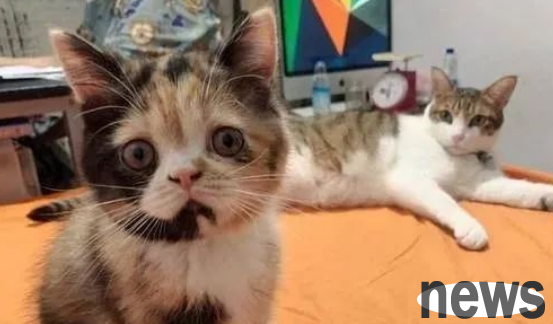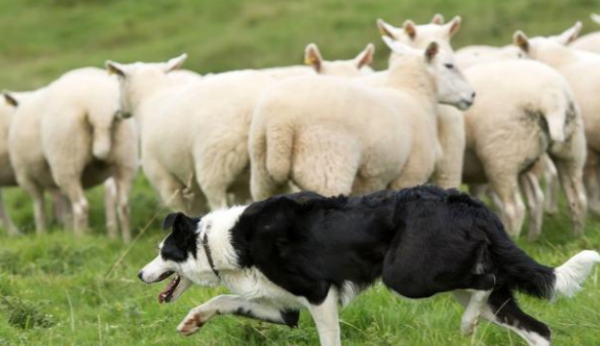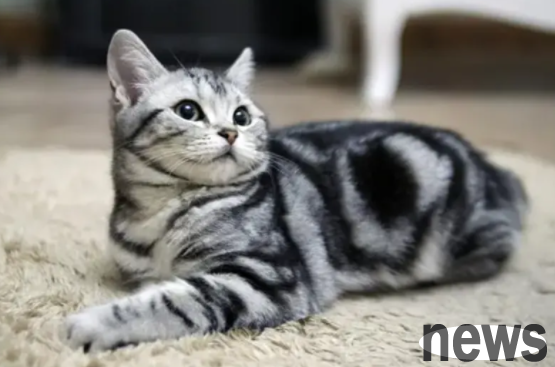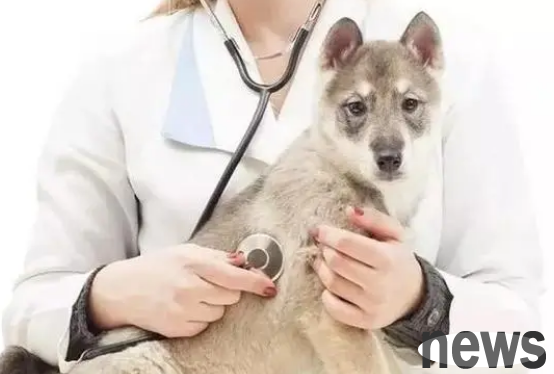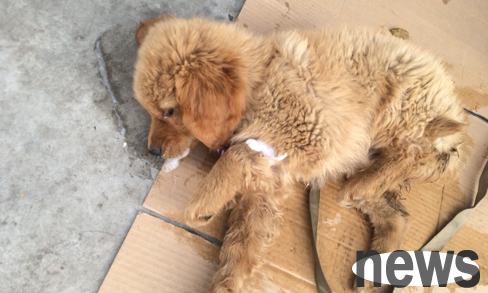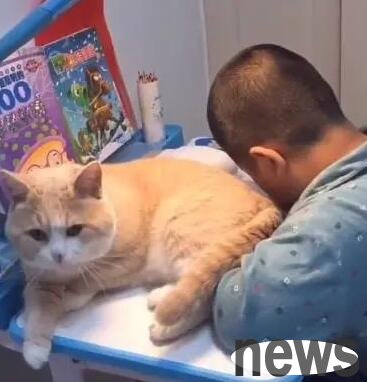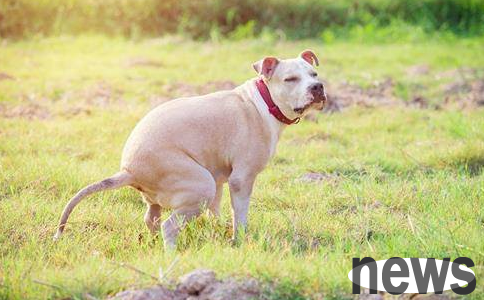【Popular Science】7 Common Gastrointestinal Diseases in Cats
Gastrointestinal diseases in cats are also a common clinical condition. Today I will list the 7 most common types.
1. Intestinal parasites
Parasites are a common cause of gastrointestinal problems in cats. Common cat parasites include:
Crocodile
Characteria
Treeworm
Hookworm
Trimonyworm
If not treated, intestinal parasites will make the cat very uncomfortable, resulting in the following symptoms of vomiting, diarrhea, weight loss, and poor growth.
Clearing out intestinal parasites is very simple. First, parasites are usually identified by microscopic stool examinations performed by a veterinarian. The cat is then treated with appropriate deworming medications according to the label instructions and veterinary guidance.
Some common antiworming drugs include:
fenbendazole, Baichong, Helemiao, ronizole, etc.
2, Hairballs
Hairballs may be common, but they are not always normal. Hair balls are usually formed by excessive shedding due to skin problems or gastrointestinal dysfunction in cats.
If your cat just vomits occasionally and looks very healthy, then home treatment is a reasonable first step:
Feeding cat food in the hairball formula may help reduce hairball events.
Adding fiber to your diet can help your hair pass through the gastrointestinal tract.
Comb the cat's hair every day and the excess hair will be removed.
Feed cat paste or cat grass, etc.
3. Constipation
Constipation occurs when the feces become too large and/or are difficult to discharge from the colon. Constipated cats are usually filtered in litter boxes, but produce very little feces. Any stool you see is usually dry, hard and fine. Constipation can be caused by: Dehydration, gastrointestinal motility, poor gastrointestinal motility, pain, neurological problems, large intestinal obstruction, megacolon disease, treatment for constipation cats involves identifying and correcting any underlying disease, and manually removing feces through enema or in sedation. Never give your cat enema at home before consulting a veterinarian, as some types can be toxic to cats.
If your cat is at risk for repeated constipation, increasing moisture intake, dietary changes (e.g., high-fiber, low-fiber or hypoallergenic foods), weight management, and increasing exercise can help reduce the frequency or severity of attacks.
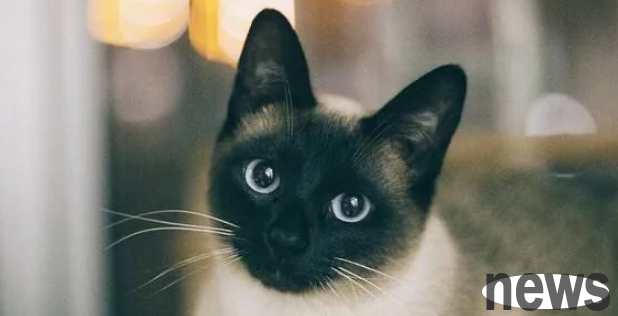
4. Foreign objects
Cats are curious. Some cats will put anything into their mouths and swallow them. If these objects are small or at least partially digestible, they can pass through the gastrointestinal tract smoothly. But in the worst case, they will be trapped somewhere along the way.
Foreign bodies in the gastrointestinal tract usually cause loss of appetite, vomiting and discomfort in cats.
The veterinarian suspects that the cat has swallowed something inappropriate and usually takes an x-ray of the abdomen or performs a B-ultrasound to find evidence.
Sometimes, gastrointestinal foreign bodies can be removed with an endoscope. But in other cases, probing surgery is necessary to remove objects and repair the damage it causes.
5. Inflammatory bowel disease
Inflammatory bowel disease (IBD) causes many symptoms of gastrointestinal problems: vomiting, diarrhea, weight loss and/or loss of appetite. However, since IBD can only be determined by biopsy, it is difficult to diagnose.
IBD disease may be caused by immune dysfunction, food allergic bacteria overgrowth, metabolic diseases, food intolerance, parasites, environmental stress and/or genetics. Usually, cats’ symptoms are mild and/or intermittent at first, but they become more severe over time. Treatment of
IBD usually involves feeding a hypoallergenic diet, which, if that is not enough, suppresses the immune system. Veterinarians may prescribe antibiotics, corticosteroids, chlorambutyrate, and other drugs that depend on the cat's reaction.
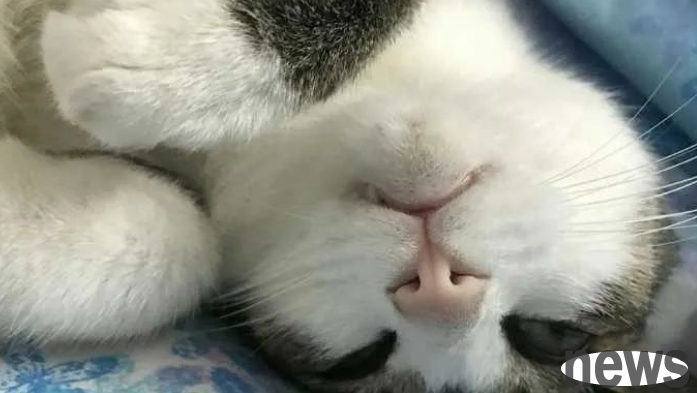
6. Food Allergy
Like humans, cats are also allergic to certain ingredients in food. Food allergies in cats can manifest as itching and skin pain or stomach upset, leading to diarrhea and/or vomiting.
The most common food allergies in cats are beef, fish or chicken. Allergic reactions may also occur in wheat, corn, dairy, lamb, eggs, barley and rabbits, but this is less common.
Diagnosing food allergies can be tricky. The ideal approach is to conduct a rigorous food trial (only feed your cat water and prescribe a hypoallergenic diet for 8-12 weeks). If your cat's symptoms go away, you can continue to feed them or slowly reintroduce traditional ingredients to determine which food your cat responds to so you can avoid them in the future.
In addition to dietary changes, certain food allergies may also require treatment with immunosuppressive drugs, such as a glucocorticoid, budesonide, or chlorambutyrate.
7. Tumor
lymphoma (also known as lymphosarcoma) and other types of cancer in cats may be diagnosed as symptoms of gastrointestinal disease. Surgery, chemotherapy, radiotherapy and hospice care (therapy treatments that make patients feel better but do not directly address the underlying disease) often prolong and improve the quality of life in cancerous cats.
Summary
Whether it is vomiting or diarrhea, these are just symptoms, and there are many diseases that cause these symptoms. Therefore, you must not treat vomiting and diarrhea as gastroenteritis. You must find out the cause and then prescribe the right medicine to cure the disease.




